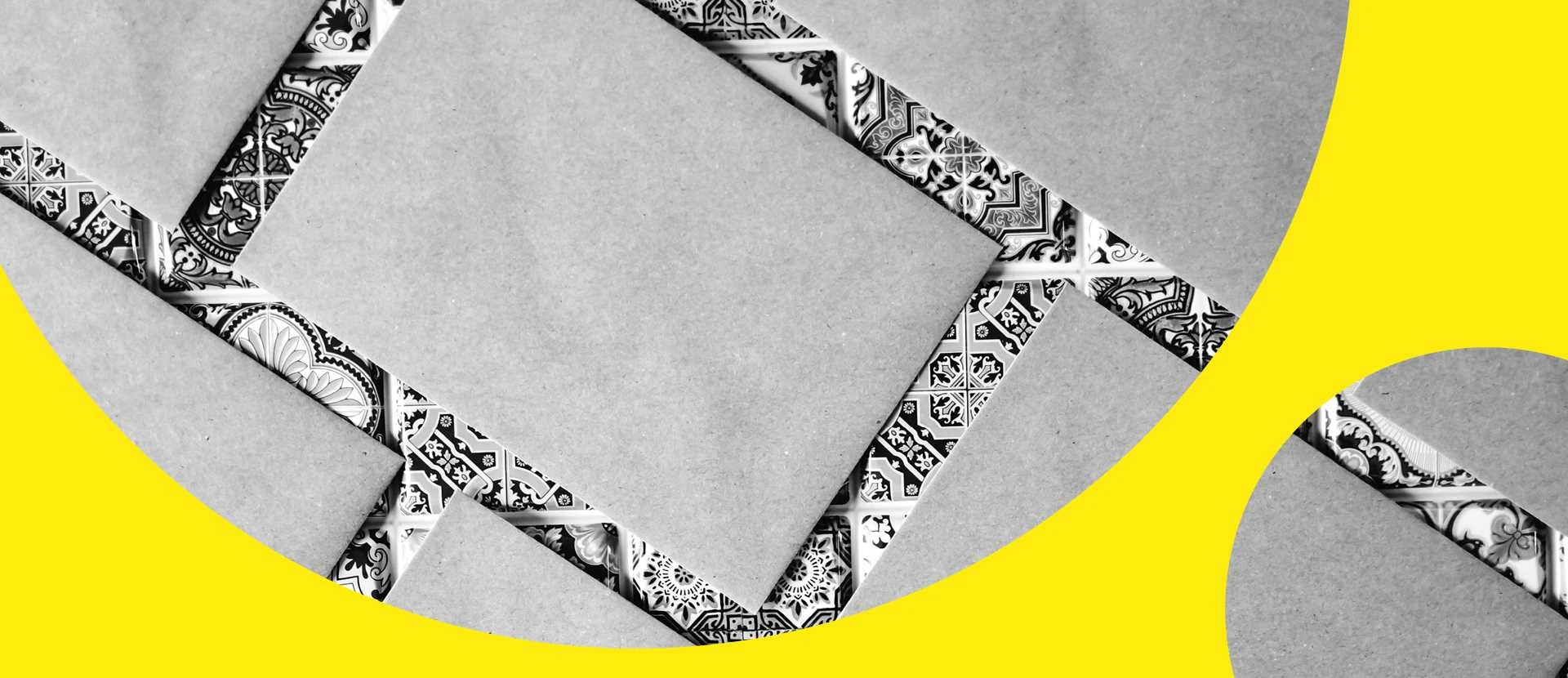On Writing, Motherhood and Care

This conversation is about two feminist texts, How to Mend: Motherhood and its Ghosts by Iman Mersal and Experiments in Imagining Otherwise by Lola Olufemi, both of which explore care, intimacy and politics.
We discuss questions of literary style through the use of photography, poetry, and personal writing, as well as questions of politics through a focus on the intimate, care work, and how past experiences shape the future.
This is an inter-generational and transnational conversation: while both texts showcase place-based writing that is attentive to context, they also transcend place and engage with a transnational feminist orientation that takes care seriously as a universal experience and as a political question. These texts are exciting examples of experimental writing and publishing, demonstrating the power and beauty of feminist writing in our current moment.
Meet our speakers and chair
Iman Mersal (@Imanmersal) is an Egyptian poet, essayist, translator and literary scholar, and Professor of Arabic Language and Literature at the University of Alberta, Canada. She is the author of five books of Arabic poetry, selections from which have been translated into numerous languages. In English translation, her poems have appeared in Parnassus, Paris Review, The Nation, American Poetry Review, The Kenyon Review and Michigan Quarterly Review. A selection of Mersal’s poetry, entitled These Are Not Oranges, My Love, translated by the poet Khaled Mattawa, was published in 2008 (Sheep Meadow Press). She has published Kayfa Talta’im: ‘An al-Umuma wa Ashbahiha (Kayfa Ta and Mophradat, 2017), translated into English by Robin Moger as How to Mend: Motherhood and its Ghosts (Kayfa Ta and Sternberg Press, 2018). Most recently, she has written Fi Athar Enayat al- Zayyat (In the footsteps of Enayat al- Zayyat), (Al Kotob Khan, 2019).
Lola Olufemi (@lolaolufemi_) is a black feminist writer and Stuart Hall foundation researcher from London based in the Centre for Research and Education in Art and Media at the University of Westminster. Her work focuses on the uses of the feminist imagination and its relationship to cultural production, political demands and futurity. She is author of Feminism Interrupted: Disrupting Power (Pluto Press, 2020), Experiments in Imagining Otherwise (Hajar Press, 2021) and a member of "bare minimum", an interdisciplinary anti-work arts collective.
Sara Salem (@saramsalem) is an Assistant Professor in Sociology at the London School of Economics (LSE). Her research interests include postcolonial feminism, Marxist theory, and global histories of anticolonialism. Her recently published book with Cambridge University Press is entitled Anticolonial Afterlives in Egypt: The Politics of Hegemony (2020). Recent writing has focused on Angela Davis in Egypt; on Frantz Fanon and Egypt’s postcolonial state; and on the ghosts of anticolonialism and Nasserism in Egypt. She is currently thinking, writing and dreaming about ghosts and anticolonial archives.
Mai Taha (@Mai_Taha_) is an Assistant Professor in the Department of Sociology at LSE. Her research is in the areas of human rights, law and empire, labour movements, class and gender relations, and social reproduction. Recently, she has written The Comic and the Absurd: On Colonial Law in Revolutionary Palestine; Law, Class Struggle and Nervous Breakdowns; and From Cairo to Jerusalem: Law, Labour, Time and Catastrophe. She is currently working on labour and social reproduction in revolutionary times.
More about this event
This event is part of the running from Monday 13 to Saturday 18 June 2022, with a series of events exploring the practical steps we could be taking to shape a better world.
The Department of Sociology (@LSEsociology) seeks to produce sociology that is public-facing, fully engaged with London as a global city, and with major contemporary debates in the intersection between economy, politics and society – with issues such as financialisation, inequality, migration, urban ecology, and climate change.
Twitter Hashtag for this event: #LSEFestival
LSE holds a wide range of events, covering many of the most controversial issues of the day, and speakers at our events may express views that cause offence. The views expressed by speakers at LSE events do not reflect the position or views of The London School of Economics and Political Science.
From time to time there are changes to event details so we strongly recommend that if you plan to attend this event you check back on this listing on the day of the event.
LSE holds a wide range of events, covering many of the most controversial issues of the day, and speakers at our events may express views that cause offence. The views expressed by speakers at LSE events do not reflect the position or views of the London School of Economics and Political Science.
